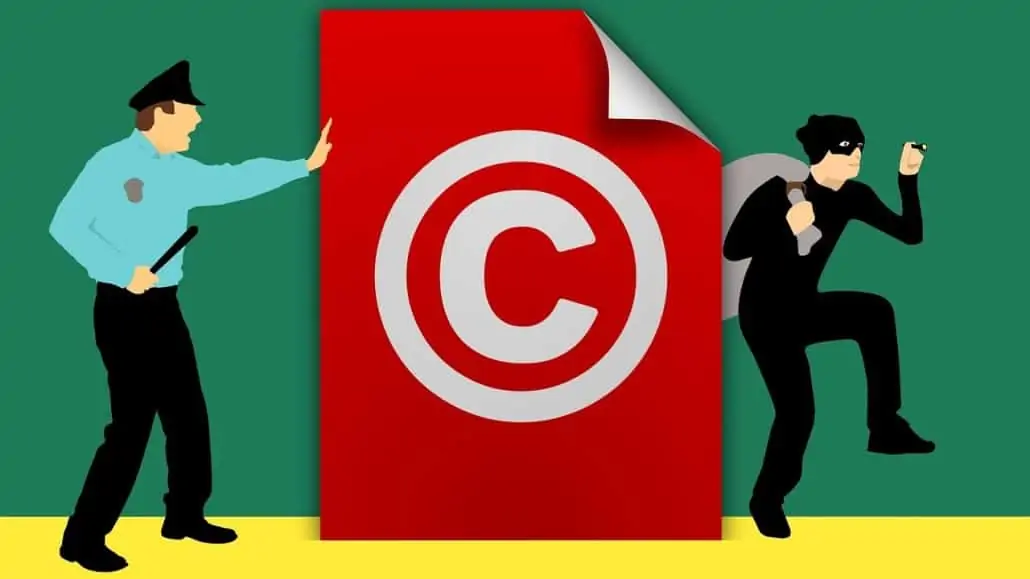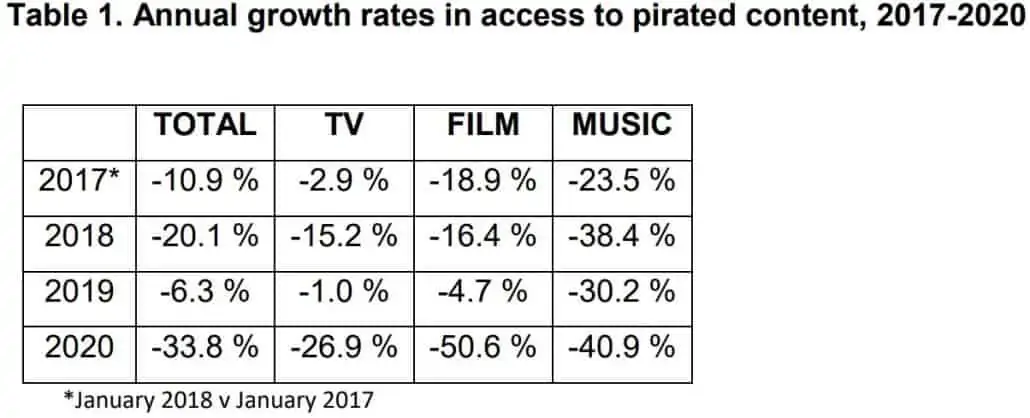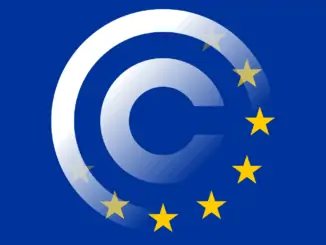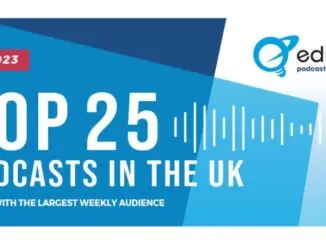
Digital Piracy is declining in the EU and UK according to a recent report by the EU Intellectual Property Office (EUIPO). In Trends in Digital Copyright Infringement in the European Union, the EUIPO’s main finding was that digital piracy is declining for all types of content (TV, Film and Music). Except for a temporary increase in film piracy in the spring of 2020, the decline continued during the COVID pandemic with total piracy falling by 20% in 2018, by 6% in 2019 and by 34% in 2020.

The analysis is based on access to websites offering pirated music, film and TV programmes in all 28 countries, between January 2017 and December 2020. The UK is included in this study because it was a member state of the European Union during most of the period covered by the report and was included in the previous report covering 2017 to 2018.
Access to pirated content in the EU halved between 2017 and 2020. This decline was particularly pronounced in music, with piracy accesses reduced by 81%. Film piracy fell by 68% and TV piracy by 41% during the period.
There were significant differences among the Member States. The average internet user in the EU accessed copyright-infringing content 5.9 times per month during 2020. Latvian users accessed these sites approximately twice as often, whilst Polish users did so only 3.8 times per month. Overall, Austria, Finland, France, Germany, Italy, the Netherlands, Poland, Romania, Spain and the UK, were below the EU average.
Among the socio-economic factors, the extent of inequality and the level of income per capita seem to have the greatest impact on the consumption of pirated content: high per capita income and low degree of income inequality are associated with lower levels of illicit consumption, holding other factors constant.
A higher acceptance of digital piracy is also associated with a higher level of consumption of pirated content. In countries with similar levels of income and inequality, piracy is higher in countries where a high proportion of citizens consider piracy as an acceptable option when there is no legal offer especially in the case of music piracy.
The awareness of legal offers appears to reduce consumption of pirated content. Furthermore, the number of legal platforms for films and TV channels reduces the consumption of pirated content. In addition, there is a positive association between the proportion of young people (aged 15 to 24) in a country’s population and the extent of film piracy.
The full report (98pp) is freely available from the EUIPO website here.




